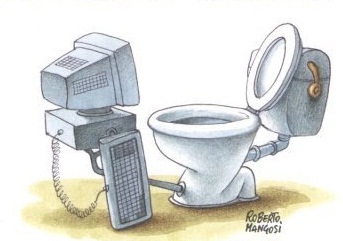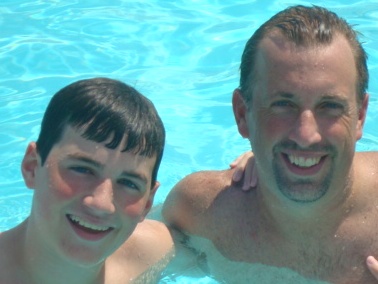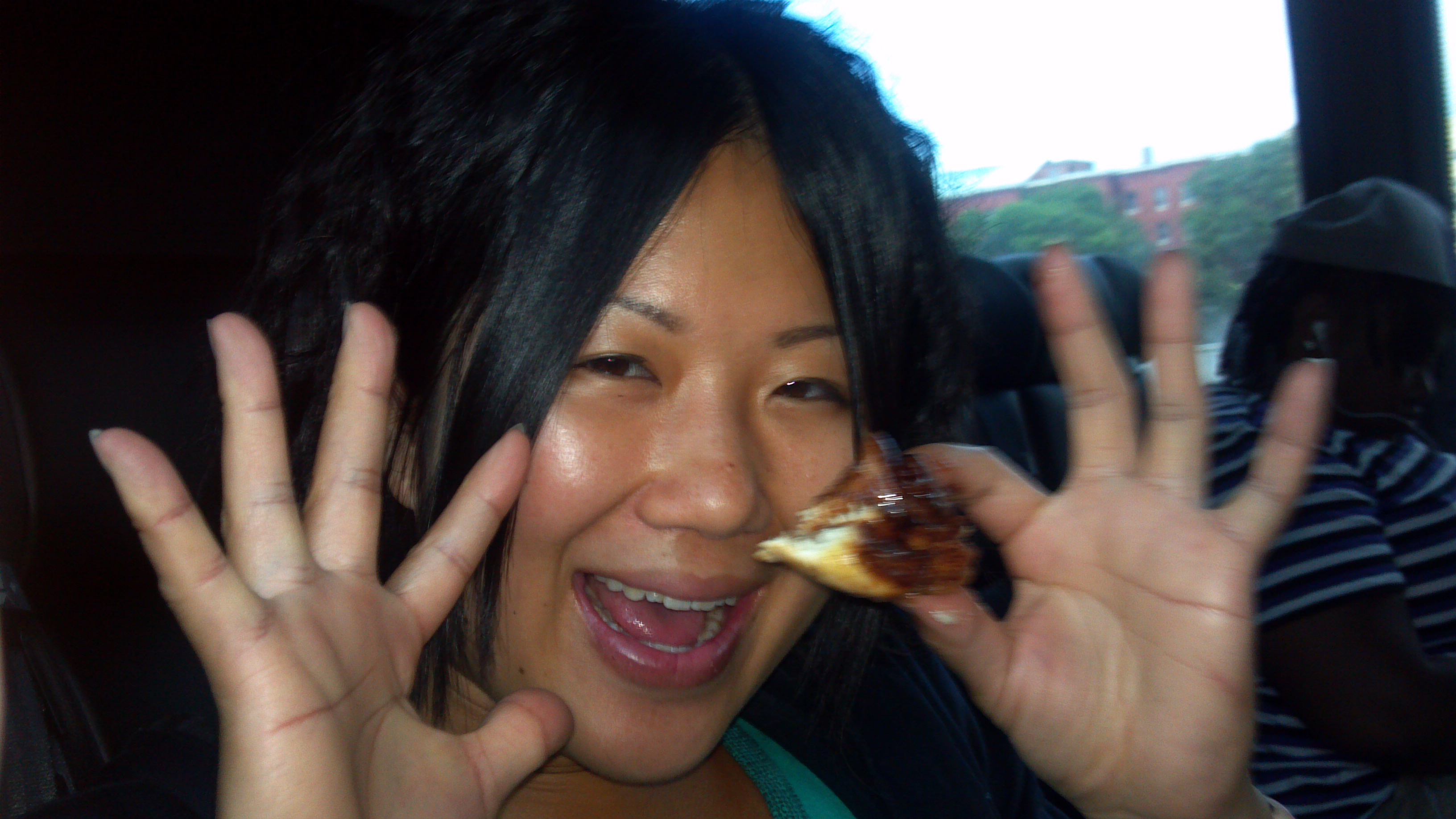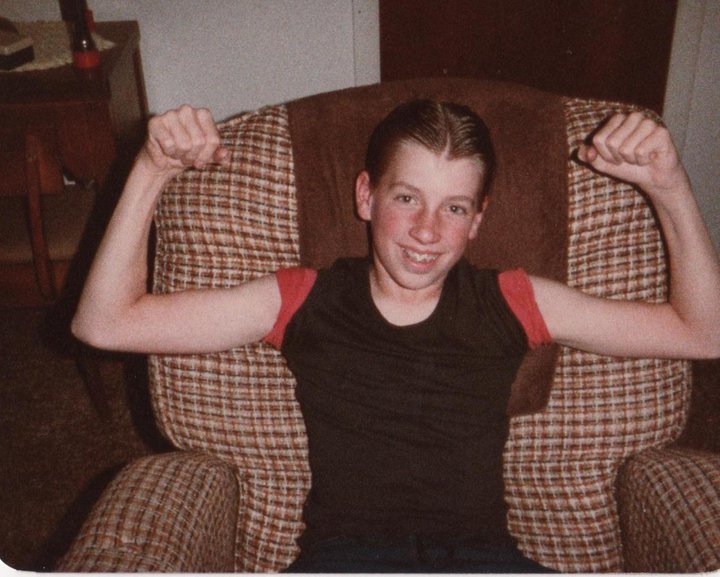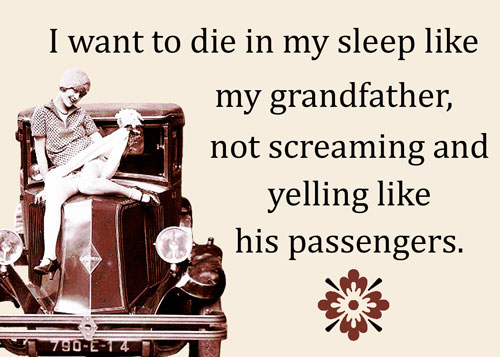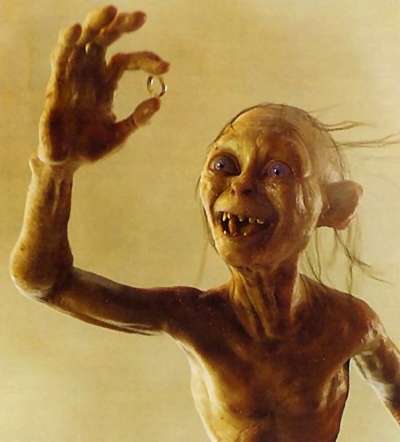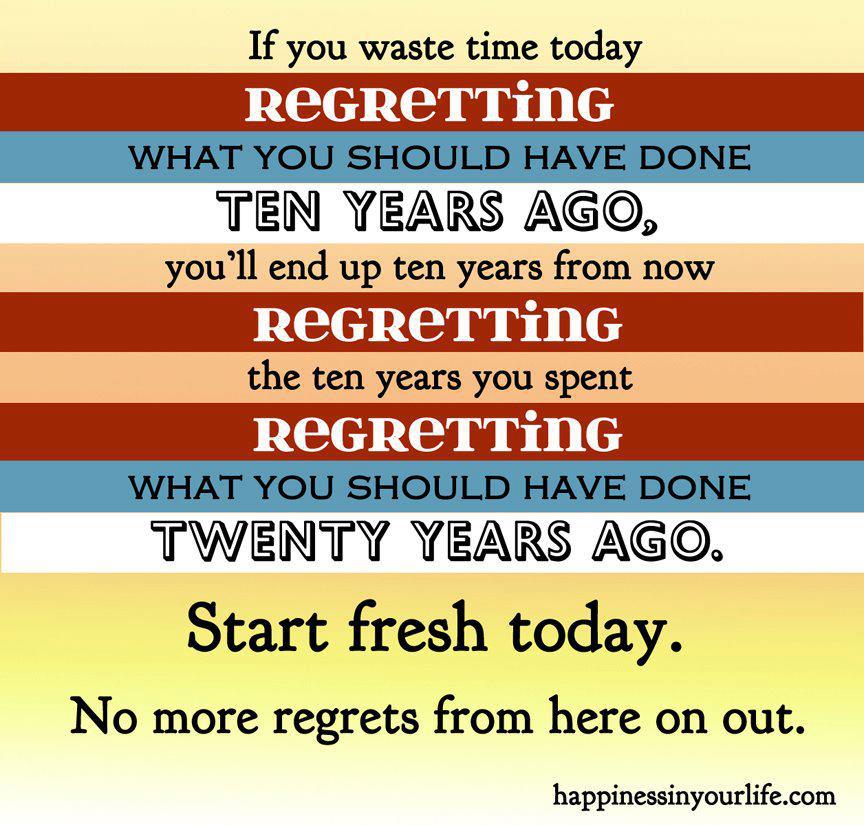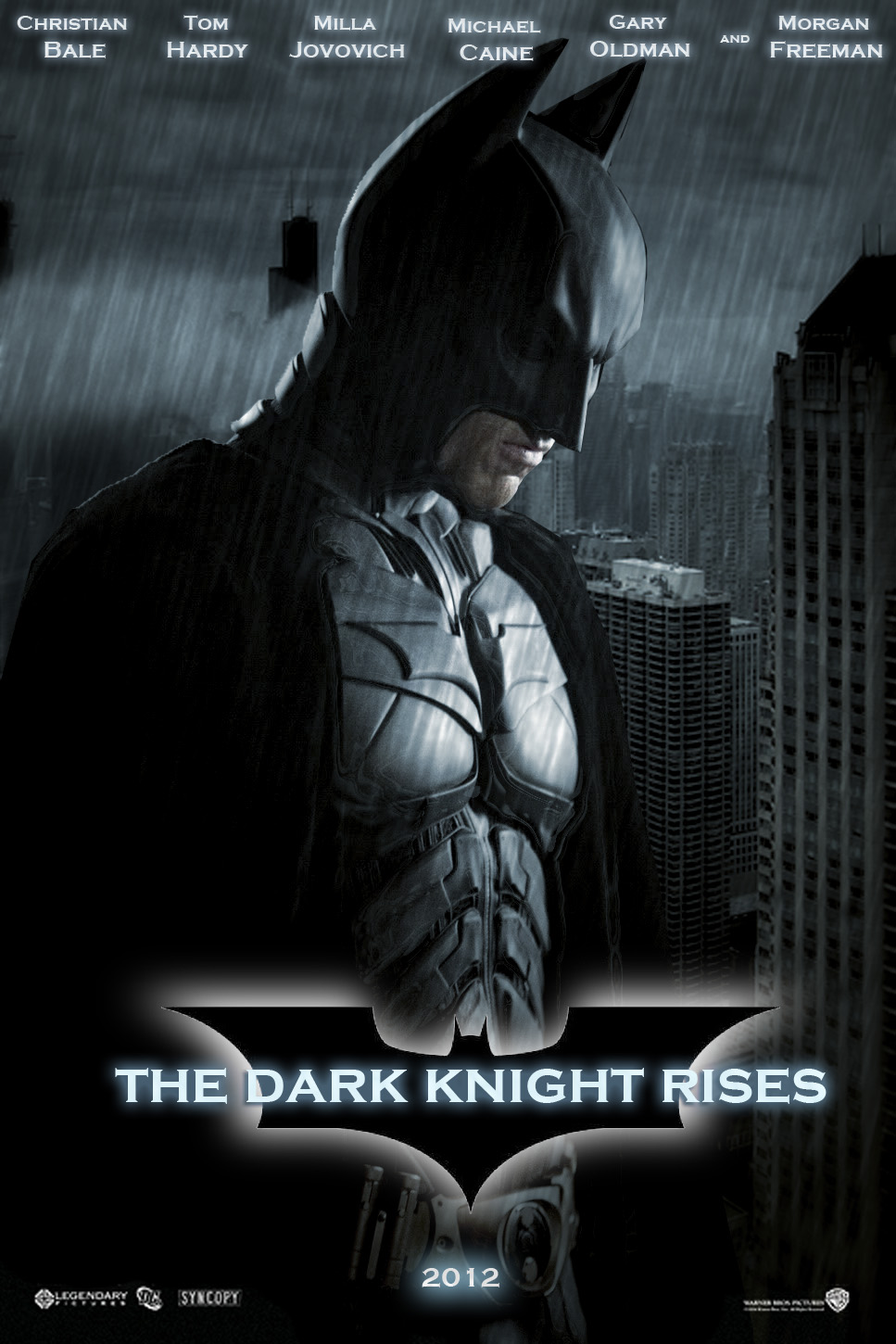 Did Lance Armstrong take performance enhancing drugs to help him win seven Tour de France titles or did he win legitimately?
Did Lance Armstrong take performance enhancing drugs to help him win seven Tour de France titles or did he win legitimately?
That is the international debate around the water coolers this week and how you answer that question has little to do with the truth and more to do with your opinion about Lance, athletes in general, drugs, drug testing, competition, motives, hearsay, pragmatism, cover-ups, etc.
- Fellow cyclists claim he has doped with them in the past. Maybe they’re right. While they certainly had access to Lance that others would not have, their motives are also easily questioned. Some of them could benefit with such a discovery by either improving their standings in a particular race or receiving compensation of some sort for their “story.” Of course, plain ole jealousy could cause a fellow racer to make a false accusation too.
- A former masseuse claims she threw out used syringes on Lance’s behalf. Maybe she did but not one syringe is left as examinable evidence. I find their absence conspicuous.
- A former employee claimed that he discovered a box of androstenone while cleaning a bathroom in Armstrong’s apartment in Girona, Spain. Maybe he did. However, androstenone is not one of the banned substances. It doesn’t really matter anyway. The mere mention of drugs (even “legal” ones) found in his possession plants more seeds of doubt in an already questionable garden. Accusations and ulterior motives abound in situations like these. And in this particular case with the employee, not all smoke leads to fire.
- The USADA (United States Anti-Doping Agency) says he is guilty of doping and they have the evidence to prove it. Maybe they do. Although, after an alleged 500 tests to his body over a period of several years, the results have been (so far) inconclusive. (Translated: They couldn’t find any traceable amounts of performance enhancing drugs in his system). Given his high-profile stature and the sheer number of tests given could make it reasonable to assume that Lance would be stupid to try and sneak something past all the probing needles given at unannounced times. However, knowing the hubris of a professional athlete can be off the chart, anything is possible since many sports icons think they are invincible and above the law.
- And then there is Lance’s opinion. As you might expect, he proclaims his innocence and that he has won each race legitimately. Maybe he has. But when it comes to denying the allegations, no one has more motivation than Lance. Who would want to be stripped of 7 championship trophies? Who would want to forfeit the prestigious title of “best ever” in his field? Who would want to lose all that prize money? Who would want to face such public humiliation and disappoint supporting family, friends & fans? Lastly, who wants an asterisk dangling after their name in the history books? Yes, Lance has plenty of reasons to declare his innocence – especially if he is truly innocent.
Sadly, even if he is telling the truth, the ghost of athletes past still linger in our mind. The scenario is all too common, if not predictable. A superstar is accused of taking performance-enhancing drugs. They deny it. More accusations. More denials. The smoke eventually clears and the dust settles since there isn’t enough evidence to prove anything… yet. Then it comes out (days or months or years later) that they were indeed lying through their teeth. The athlete finally succumbs to the overwhelming evidence and admits wrong doing. The icon is disgraced or arrested and we are left holding the pieces of a broken idol. It may not be fair to Lance but you almost cannot blame us for doubting him, even if his drug testing record is spotless. Too many “innocent” athletes before him have been found guilty. After all, most of the time the adage is true, “Where there is smoke – there is fire.”
I understand why people lie, cheat and steal to get what they want. Our human nature often wants what it cannot have and when the things “out-of-bounds” are within reach, we will do almost anything we can to grab it. For some, the forbidden fruit is a championship win at any cost. For others it is a forbidden relationship or money that is not theirs or material possessions. The 10th commandment was given for a reason. At our core, we are all just a bunch of coveters.
What baffles me is not why we do it but rather why we think we can successfully cover up our wrongs. We never can. It doesn’t matter if you are a high-profile Coach, beloved Priest or sitting President – your sins will find you out. Our first parents (Adam & Eve) tried to hide their sin and cover up their nakedness with a fig leaf (Genesis 3). The leaf did not work then. It still doesn’t work today. Even our most sophisticated cover-ups are still lacking. A lie will eventually be uncovered. A cheater is eventually exposed. A thief will eventually be caught. It may not be today. It might not be tomorrow. But it will happen. History has shown us this much. And there are two main reasons why:
- The first reason is because of the day and age we live in. The technological age has ushered in “Big Brother.” Someone is always watching, listening or recording the things we do and say. Always. Though you may not realize it, you are being tracked every day. Literally. You cannot drive down the street without a camera detecting your car. There is not one aisle in one store where Big Brother’s eye cannot see you. You may think you are running errands “alone.” You actually have more eyes on you than you realize. And thanks to technology, we leave a virtual footprint everywhere we go. Cell phones are tracked and triangulated through towers. Text messages, though deleted from your phone, can still be recovered. Documents that we “trash” on our desktop never actually leave the computer. Every picture and website you ever downloaded or visited can be made visible – even after you erased the cache. Your credit card & the camera on your phone reveals your location every time you use it. In the case of doping, technology can reveal what is in our bodies, even the small percentage of trace amounts. In other words, we are all wearing muddy online shoes while walking on a white technological carpet.
- The second reason is more subtle. Whether you recognize it or not, we live in a tiny fishbowl (called Earth) watched constantly by the Maker of the tank. Just as most good parents know what their children are into, in the same way our Creator is well aware of our movements and our motives, our location and our lies, and how to expose them, in His timing.
- When my children were little we played “hide and seek.” In broad daylight, they would cover their eyes and actually think that would impede my ability to find them. I would walk around the house yelling (playfully), “Wheeeere are youuuuu?” All adults know it is a ridiculous attempt but kids actually think the plan might work. In the same context, immediately after Adam ate the forbidden fruit and covered himself with a fig leaf, God asked him, “Where are you?” God wasn’t trying to pinpoint his physical location. He knew exactly where Adam was “hiding.” The question was an opportunity for Adam to say, “Here I am!” and ‘fess up.
- God asked the prophet Jeremiah, “Can a man hide himself in secret places so that I cannot see him? Do I not fill heaven and earth?” (Jeremiah 23:24).
- King David recognized God’s omnipresence when he wrote, “Where can I go from your Spirit? Where can I flee from your presence? If I go up to the heavens, you are there; if I make my bed in the depths, you are there.” (Psalm 139:7-8).
- The writer of Hebrews reminds us that “Nothing in all creation is hidden from God’s sight. Everything is uncovered and laid bare before the eyes of Him to whom we must give account.” (4:13)
The problem is, we think we are actually alone. We believe that because something is done out of view, in the dark or behind closed doors that we are safe from discovery. Our human nature tempts us to do what we shouldn’t. Our pride tells us we can get away with it. But our newspapers eventually confirm our worst fears. If the people of power (coaches, clergy & congressmen) can’t get away with it, why would we think that we could? And even if we can get away with it on earth, there are always two eyes in Heaven. And because of that, we will always (eventually) reap what we sow.
It’s time we restore the “honor” system where we all do “right” simply because it is the right thing to do. Perhaps our athletes need to place their right hand on a Bible and swear to compete honestly. Perhaps our coaches need to do a better job of emphasizing sportsmanship and integrity over winning. Perhaps we parents need to be more diligent in teaching our children the true definition of character, who we are when no one is looking. For all of us, modeling good behavior is more caught than taught.
One day (soon) we will know whether Lance’s accomplishment was a true physical feat or a fraud.
Regardless of that outcome, what are you? If your character was tested for moral dope, would you pass? In what area of your life are you covering with a fig leaf? Who are you really, when no one is looking?
“When wealth is lost, nothing is lost. When health is lost, something is lost. When character is lost, all is lost.” – Billy Graham, evangelist.



